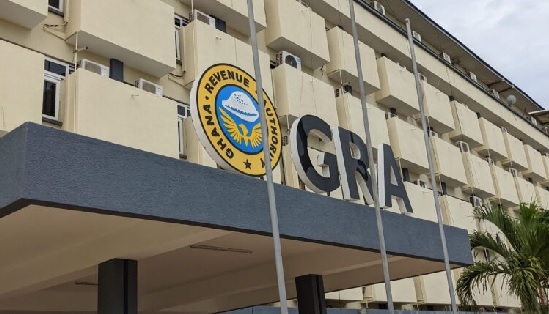
Ghana is embracing digital transformation in its tax administration through the implementation of the E-VAT system. This electronic invoicing platform is designed to enhance transparency, improve compliance, and streamline the Value Added Tax (VAT) collection process. As of May 2024, over 3,000 businesses have been successfully integrated into the E-VAT system, with an additional 5,000 preparing for onboarding.
Understanding the E-VAT System
The E-VAT system is an electronic means of issuing VAT receipts, applicable to both the VAT Flat Rate and Standard Rate Schemes. It is not a new tax but an improvement on how VAT transactions are invoiced. The system comes in two forms: an all-round e-invoicing system installed free of charge for businesses without one, and another that integrates with existing invoicing systems.
Progress and Expansion
The rollout of the E-VAT system is being conducted in phases
- Pilot Phase: Completed with 50 taxpayers, resulting in a 58% increase in VAT revenue, representing additional contributions in excess of GH¢384 million. Electronic VAT invoicing efficiency contributed to a revenue impact of GH¢124 million, accounting for 32% of this increase. Ghana Revenue Authority+9The Sikaman Times+9Angel Online+9Kumasi.City+7MyJoyOnline+7Angel Online+7
- Phase 1: Focused on onboarding large taxpayers who account for 80% of VAT contributions. As of May 2024, the GRA reported a 175% progress rate, exceeding weekly onboarding targets. MyJoyOnline+10Angel Online+10Ghana National Association+10
- Phase 2: Targets the onboarding of medium and small taxpayers by the end of December 2024.MyJoyOnline+9GBC Ghana Online+9The Business & Financial Times+9
- Phase 3: Aims to integrate all other VAT-registered taxpayers into the E-VAT system. BusinessGhana+8Ghana National Association+8The Business & Financial Times+8
Benefits of the E-VAT System
1. Enhanced Transparency: Real-time invoicing allows for immediate tracking of transactions, reducing the risk of tax evasion and fraud.
2. Improved Compliance: Automated systems ensure businesses adhere to tax regulations, minimizing errors and omissions.
3. Efficient Tax Collection: Digital processes streamline VAT collection, reducing administrative burdens for both the GRA and businesses.
4. Cost Savings: By eliminating manual processes, businesses can reduce operational costs associated with VAT reporting.
5. Data Accuracy: Electronic records enhance the accuracy of financial data, facilitating better decision-making.
Technological Enhancements
The GRA is committed to deploying advanced technologies to support the E-VAT system. This includes integrating the platform with businesses’ existing accounting software, enabling seamless data exchange and reducing the need for manual data entry. Such enhancements are designed to simplify the VAT accounting process and improve overall efficiency.
Stakeholder Engagement
Recognizing the importance of stakeholder collaboration, the GRA has engaged with various business communities to facilitate the E-VAT rollout. Through virtual engagements and training sessions, businesses are being educated on the benefits and operational aspects of the system, ensuring a smooth transition.
Future Outlook
The GRA’s vision for the E-VAT system extends beyond the current onboarding phase. Plans are underway to review and enhance the entire VAT payment system, aiming to capture all VAT-registered taxpayers comprehensively. This initiative aligns with Ghana’s broader objective of leveraging technology to improve public sector efficiency and revenue mobilization.











Be the first to leave a comment